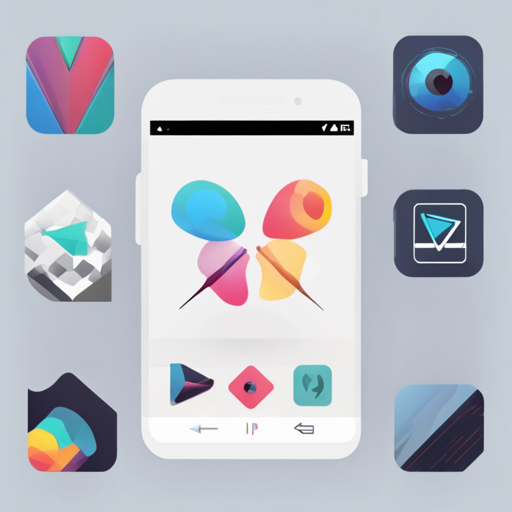If you’re looking to incorporate a cross-platform video and audio player into your Flutter application, then package:media_kit is your go-to solution! With its powerful features and support for multiple platforms, this package makes media playback smooth and straightforward. Here’s how to get started!
Installation
To begin, you’ll need to set up your project’s dependencies. Follow the steps below:
For Video Playback:
media_kit: ^1.1.11(Primary package)media_kit_video: ^1.2.5(For video rendering)media_kit_libs_video: ^1.0.5(Native video dependencies)
For Audio Playback:
media_kit: ^1.1.11(Primary package)media_kit_libs_audio: ^1.0.5(Native audio dependencies)
Getting Started with Code
Here’s a quick code example that illustrates how to use the package:media_kit in your Flutter application:
import 'package:flutter/material.dart';
import 'package:media_kit/media_kit.dart';
import 'package:media_kit_video/media_kit_video.dart';
void main() {
WidgetsFlutterBinding.ensureInitialized();
MediaKit.ensureInitialized();
runApp(const MaterialApp(home: MyScreen(),));
}
class MyScreen extends StatefulWidget {
const MyScreen({Key? key}) : super(key: key);
@override
State createState() => MyScreenState();
}
class MyScreenState extends State {
late final Player player = Player();
late final VideoController controller = VideoController(player);
@override
void initState() {
super.initState();
player.open(Media('https://user-images.githubusercontent.com/28951144229373695/22f88f13-d18f-4288-9bf1-c3e078d83722.mp4'));
}
@override
void dispose() {
player.dispose();
super.dispose();
}
@override
Widget build(BuildContext context) {
return Center(
child: SizedBox(
width: MediaQuery.of(context).size.width,
height: MediaQuery.of(context).size.width * 9.0 / 16.0,
child: Video(controller: controller),
),
);
}
}
In this code, we are setting up a basic Flutter application that uses the media kit to play a video. Think of this code like preparing a stage for a performance: the Player is your performer, VideoController is the director, and the Video widget is the stage where the performance happens. You initialize everything in the main function, just as a show begins with a roll call. Once done, the final act is displayed in the build function, and when the performance is over, you clean up the stage using the dispose method.
Troubleshooting Tips
As you set up and use the package:media_kit, you might encounter some bumps along the way. Here are some common troubleshooting ideas:
- Initialization Errors: Always ensure you call
MediaKit.ensureInitialized()before any media operations. If it throws exceptions, double-check your package imports. - Playback Issues: If videos don’t play, verify the media URLs or paths, and confirm that you’ve added the necessary permissions according to the platform guidelines.
- Performance Drops: Ensure you are testing in Release mode, as performance is significantly improved compares to Debug mode.
For more insights, updates, or to collaborate on AI development projects, stay connected with fxis.ai.
Conclusion
With package:media_kit, you’re now equipped to incorporate advanced video and audio playback capabilities into your Flutter applications. From installation to use, this guide will help keep your media adventures smooth and enjoyable!
At fxis.ai, we believe that such advancements are crucial for the future of AI, as they enable more comprehensive and effective solutions. Our team is continually exploring new methodologies to push the envelope in artificial intelligence, ensuring that our clients benefit from the latest technological innovations.

